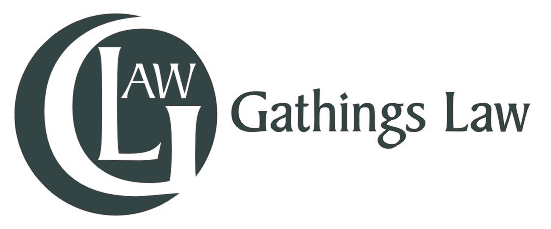What wins business litigation cases? It goes without saying that you must have reasonable facts supporting your case. But that alone will not win the case. The relationship between a business client and his or her lawyer is also a key to success. Without the proper working relationship, many cases will be lost that should have been won.
I once wrote an article titled, “I’m The Lawyer, You’re The Expert”. That article detailed the role of the lawyer vs. the role of the expert in litigation, and vice versa. Many of the points I made in that article apply equally to the relationship between a business and its lawyer in litigation.
The obvious distinction that cannot be lost is the specialty knowledge of the lawyer and of the client. First, with regard to the lawyer. I have a J.D. Degree from an accredited law school where I finished first in my class. I have 39 years of litigation experience. I have attended and taught continuing legal education classes on litigation related topics. I have written many articles which have been published as authoritative works in legal periodicals. I have a special knowledge of litigation and related topics.
On the other hand, when my marina client or my boat manufacturer client comes to me, they have a whole field of special knowledge that I don’t have. Sure, I have owned a bunch of boats and have been around a lot of marinas, but my knowledge doesn’t even scratch the surface of what my clients know.
The real key is for both parties to understand this difference in knowledge. My client has to spend the time educating me about his or her business in general and the various factors that affect that particular business. The client also must supply me with documents to help support the case. And, most of all, the client cannot hold back on the knowledge imparted to me. Doing so will just allow the defendant to blind side us at trial, causing extreme damage or the loss of the case. The attorney-client privilege is sacrosanct. I need to be told, in private, all of the facts–not some of them–so I can address these facts if and when they are bought out at trial.
When the client gives me the information described above, I then have to apply my knowledge of the law and the litigation process to help my client make the right choices, i.e., proceed with filing a case; attempt to settle before filing; after filing determining what are good settlement points in the case; or whether to go to trial. Also, I must give my client the best information I can regarding what the case should settle for. Then, all of this must be explained to the client in terms that do not require a legal education or 39 years experience in litigation. Above all, my business client must understand that I tell them the bad as well as the good. I am a trusted legal advisor, not a cheerleader for my business clients. When I do give my clients the bad side of things, I do expect them to question me to assure themselves there is a sound basis for my advice.
The bottom line, my client and I have to work together to be sure we are both adequately informed and to use our areas of specialized knowledge together to make the right litigation decisions. With that in mind and carried out, good results are obtained in business litigation.
Lloyd Gathings
Gathings Law
